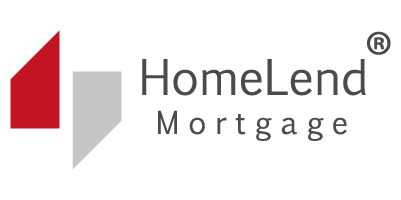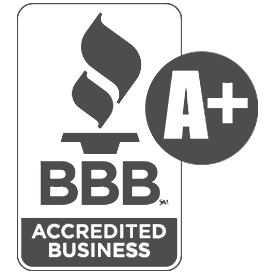How Self-Employed Borrowers Can Qualify for a Mortgage
For self-employed individuals, securing a mortgage can feel more complex than it does for traditional employees. Without a standard W-2 income, lenders often require additional documentation to assess financial stability. The good news is that with the right preparation and approach, homeownership is entirely within reach. Here’s what self-employed borrowers need to know to qualify for a mortgage and navigate the process with confidence.
How Lenders Evaluate Self-Employed Borrowers
While lenders assess self-employed borrowers similarly to salaried applicants, they focus heavily on income consistency and documentation.
Key Factors Lenders Consider:
-
Income Stability: A history of stable earnings over at least two years is crucial.
-
Credit Score: A strong credit score demonstrates reliability. Aim for 620 or higher.
-
Debt-to-Income (DTI) Ratio: Keep your DTI below 43% to improve your chances of approval.
-
Cash Reserves: Savings can reassure lenders that you’re prepared for potential income fluctuations.
Documentation Requirements
Lenders typically ask for more detailed financial records from self-employed applicants.
Commonly Required Documents:
-
Tax Returns: Two years of personal and business returns to verify income.
-
Profit and Loss Statements: Updated records to show your business’s financial health.
-
Bank Statements: Both personal and business accounts to confirm consistent cash flow.
-
Form 1099s: To provide an overview of annual earnings.
-
Business License: Proof of self-employment.
Pro Tip: Work with a tax professional to ensure your records are accurate and well-organized.
Challenges Self-Employed Borrowers Face
1.Irregular Income
Self-employment often involves fluctuating income, which can raise concerns for lenders.
Solution: Highlight consistent annual earnings over two or more years and provide thorough documentation.
2.Tax Deductions
While tax deductions lower your taxable income, they can also reduce the income lenders consider during underwriting.
Solution: Plan ahead by limiting deductions in the years before applying for a mortgage.
3.Higher Down Payment Expectations
Lenders may require a larger down payment to offset perceived risks.
Solution: Save for a down payment of at least 20% to increase your chances of approval and reduce private mortgage insurance (PMI) costs.
Tips to Improve Mortgage Approval Odds
1.Strengthen Your Credit Score
Pay off outstanding debts, avoid late payments, and monitor your credit report for errors.
2.Lower Your Debt-to-Income Ratio
Pay down existing debts and avoid new financial obligations before applying for a mortgage.
3.Build a Solid Savings Account
A robust cash reserve demonstrates financial stability and reassures lenders about your ability to handle income variability.
4.Seek Pre-Approval
Getting pre-approved gives you a clear understanding of your borrowing power and helps identify potential challenges early in the process.
Loan Options for Self-Employed Borrowers
1.Conventional Loans
Ideal for borrowers with strong credit and sufficient documentation, these loans offer competitive terms.
2.FHA Loans
FHA loans are more flexible with credit and income requirements, making them a popular choice for self-employed buyers.
3.Bank Statement Loans
These loans use your bank statements to verify income, bypassing the need for tax returns. They’re especially helpful if deductions significantly lower your taxable income.
4.VA Loans
If you’re a veteran, VA loans provide benefits like no down payment and no PMI, even for self-employed applicants. Underwriting restrictions apply.
How to Prepare for Success
1.Organize Financial Records
Keep your tax returns, bank statements, and profit and loss statements up-to-date and ready to share.
2.Choose the Right Lender
Work with a lender who understands the unique needs of self-employed borrowers and offers flexible options.
3.Maintain Financial Stability
Avoid major financial changes, such as opening new credit accounts or making large purchases, during the mortgage application process.
Conclusion
Qualifying for a mortgage when you’re self-employed may involve extra steps, but it’s entirely achievable with proper planning. By preparing your finances, organizing your documentation, and working with an experienced lender, you can secure the home loan you need. Homeownership is within your reach—take the first step by understanding what lenders are looking for and how to present your financial profile in the best light.




